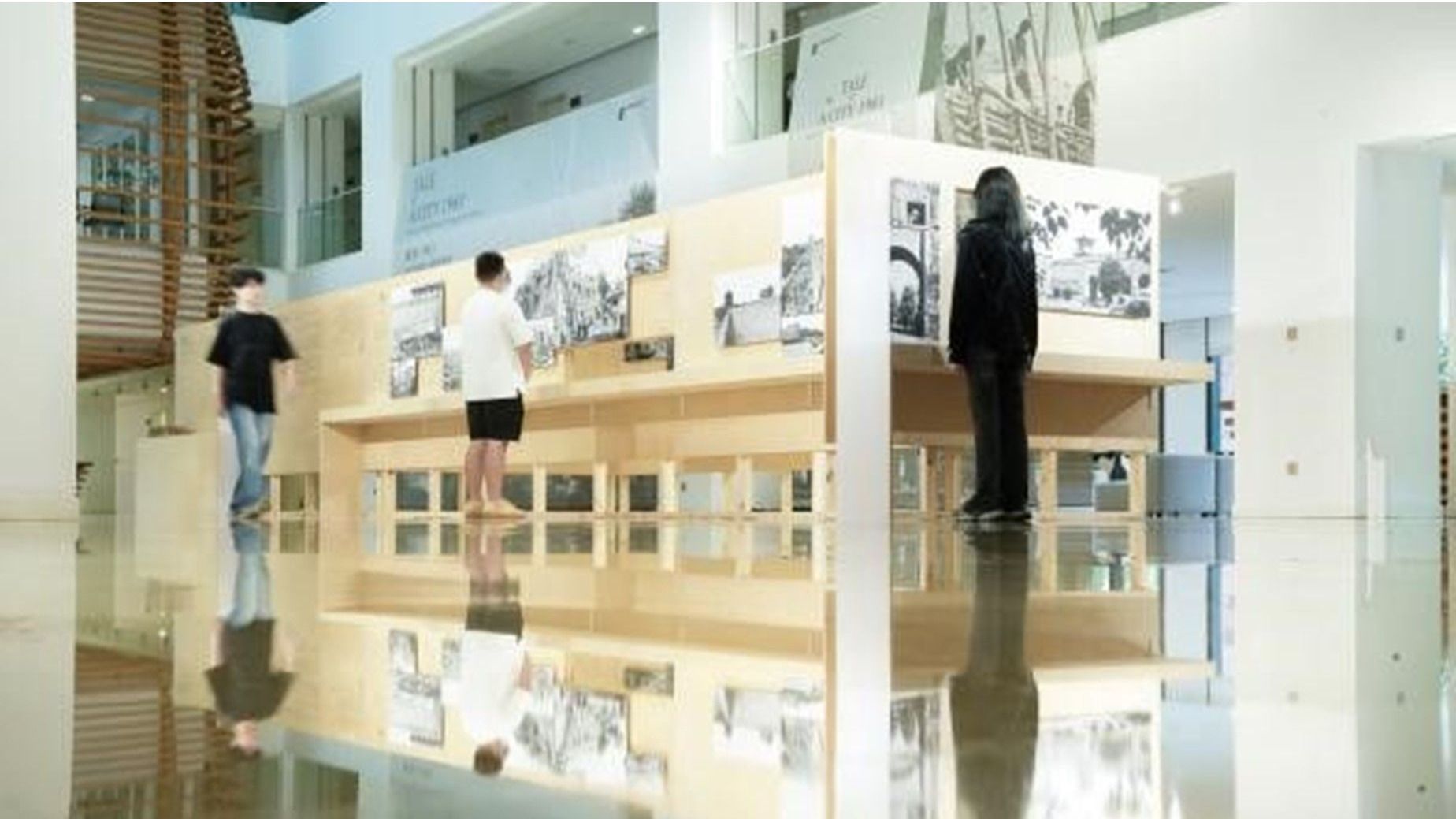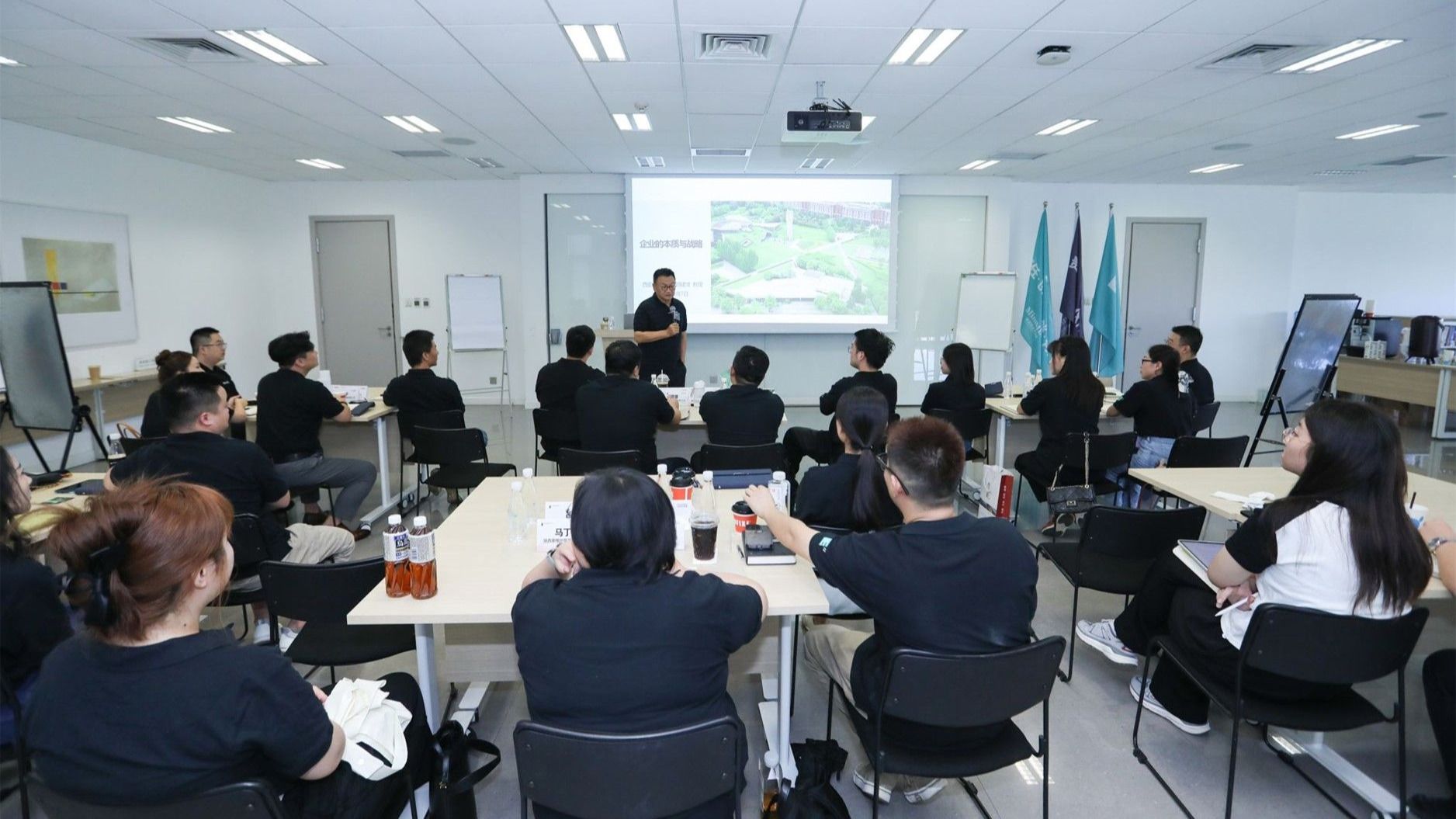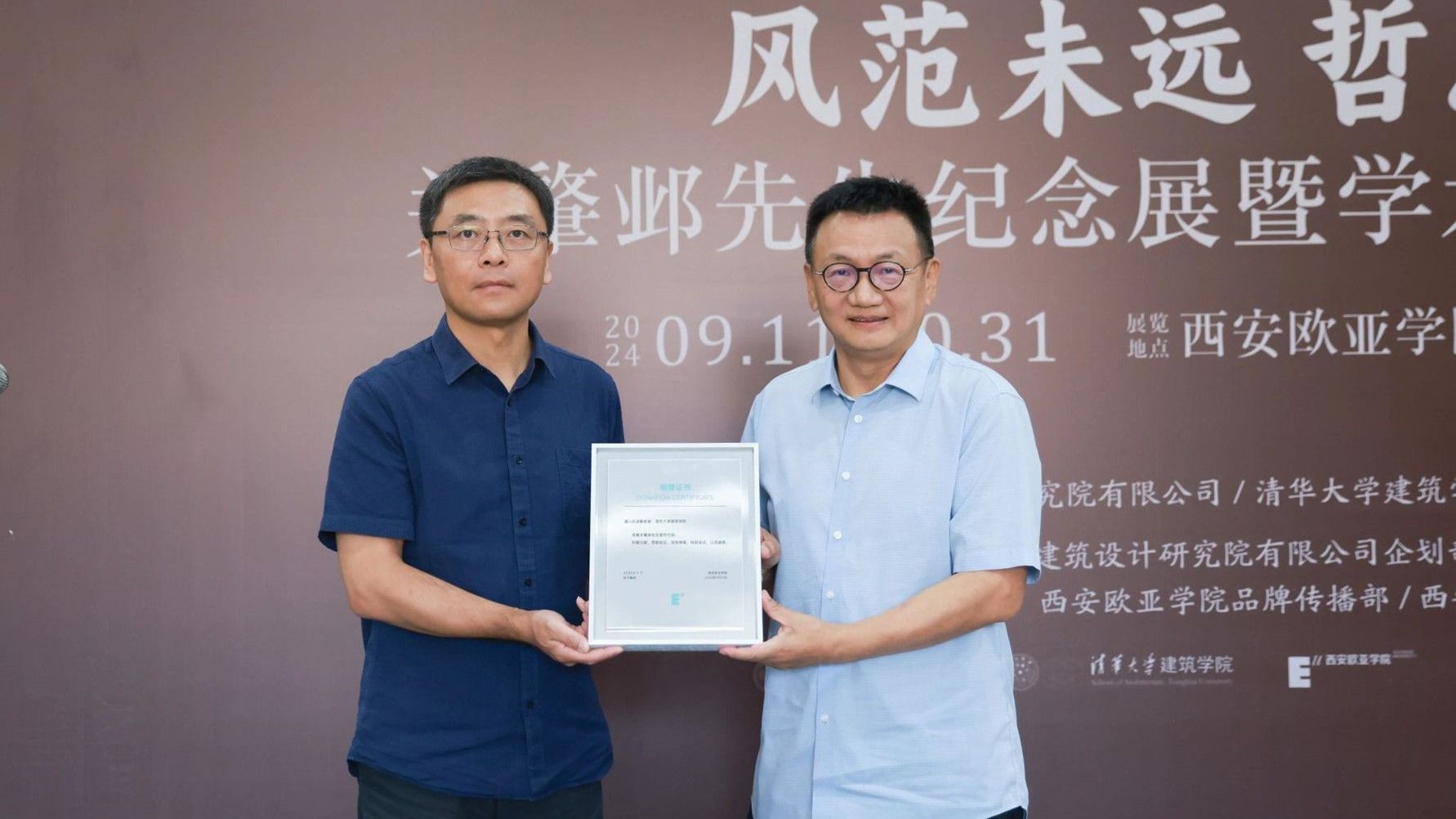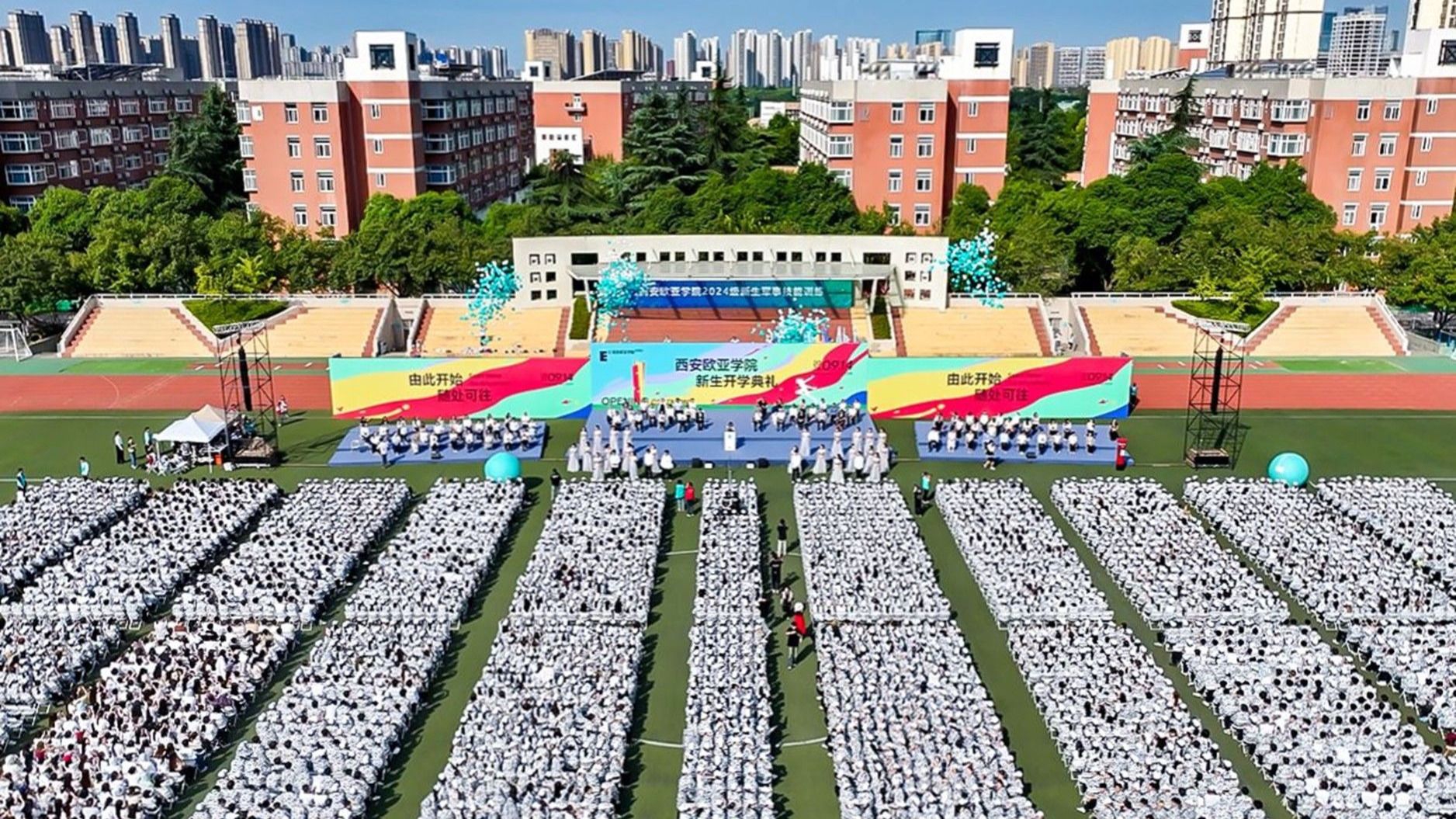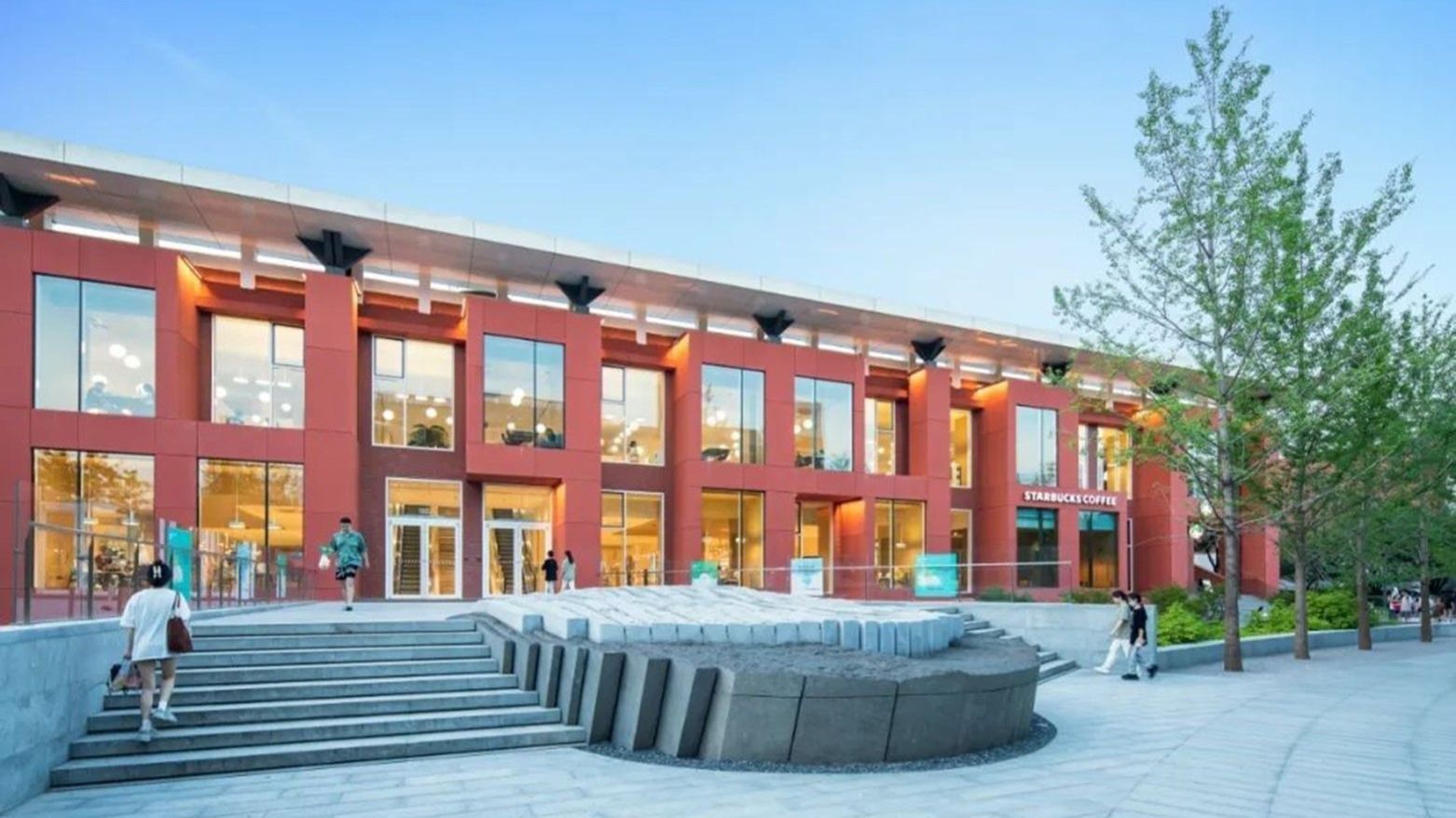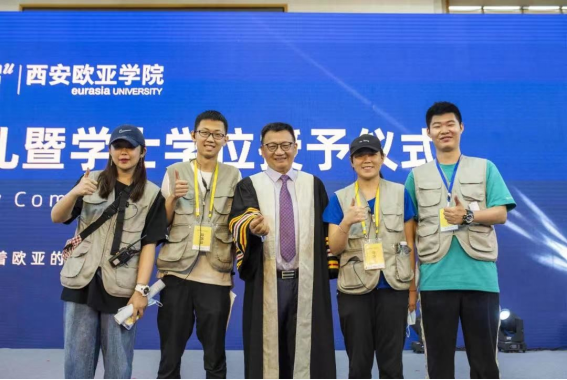
Professor Qu, the Associate Professor at the School of Business Administration of Xi'an Eurasia University, has taught for ten years and was Assistant to the Dean of the School of Business Administration. A few years ago, she was commissioned by the university to take consulting services for an internet enterprise. For this reason, in the first half of the year, she was invited to serve as the director of human resources for this Internet enterprise. At the same time, she continues to give lectures at the School of Business Administration.
A few days ago, Professor Qu came back to school for a meeting. I took this chance to invite her to have an interview, focusing on how she thinks of the graduates from our university and how to improve our education and teaching.
Hu Jianbo: Professor Qu, are there many graduates from Xi'an Eurasia University in your company?
Professor Qu: Yes, there are six graduates in the Human Resources Department, accounting for about one-third of the total. There are also many Eurasia alumni in other departments of the company.
Hu Jianbo: What are their main features?
Professor Qu: I'd like to talk about my personal feeling, which is subjective and cannot be regarded as a basis for evaluating alumni from Xi'an Eurasia University. In addition, several employees are not only Eurasia alumni, but also students I have taught before, so my feelings about them are preconceived.
Hu Jianbo: It doesn't matter. We're just chatting, not publishing a paper. Besides, if my article involves you and your company, I will ask you to review it in advance.
Professor Qu: Thank you. On the whole, graduates from Xi'an Eurasia University are positive, bright, confident, resilient, and cool under pressure. Obvious advantages: not picky about the work, strong power of execution, and willing to accept various tasks of different departments.
Hu Jianbo: It seems that the first thing you evaluate employees is their attitude towards work. I have communicated with senior executives of other enterprises and got the same answer. They believed that the most important thing to new employees is a positive working attitude, and the second is the ability to quickly adapt to situations and work. Among the top three qualities, few people choose expertise and professional ability, which is what we usually say, "Quality cultivation".
Professor Qu: I often think about it. How come the graduates from Eurasia have such performances and qualities? I suppose that it comes from the "student-centered" campus culture, abundant club activities, and community system in Eurasia. The students have been given opportunities of participating in various programs, which developed their abilities to interact with different types of students. Unlike those who are fresh out of the academy, graduates from Eurasia are more confident and clearly experienced.
Strong resilience also comes from the values education and occupational quality brought to students by general education, such as independent thinking, courage to take responsibility, and teamwork, which is beneficial for them to do the work in other fields.
Hu Jianbo: What you just said is what we are doing consciously, but after all, it requires a lot of effort and resources. On the other hand, it is a soft skill, so it can't be shown in the external evaluation indicator, and internal debate still exists. As an HR director, your evaluation standards of graduates will enhance our confidence.
Professor Qu: I didn't have a deep comprehension of this when I was a teacher. Only when I came to the enterprise did I realize that attitude and values are fundamental.
Hu Jianbo: Do they have any shortcomings?
Professor Qu: According to my observation, there are a couple of shortcomings: weak sense of purpose, easy to be content with the current situation, and weak learning ability. When encountering challenging work, they are less able to face difficulties and are more willing to do things at the executive level. They are afraid of the unknown, especially the work that needs deep thinking and summary.
Taking HR work as an example, an alumni is highly motivated and efficient in recruitment, but he was asked to summarize his experience in a handbook or courseware to share, while he had to work overtime and stay up late several days. When I gave him a few tips, he secretly told me that he was more willing to recruit more people than to summarize his experience.
Hu Jianbo: Is it because of a lack of academic challenges?
Professor Qu: For starters, these graduates don't have strong desires to challenge and strive for success. Or should I say, compared with the sense of achievement, they are more afraid of frustration caused by the failure of challenges, which is probably related to their habits at the basic education stage?
The difficulty of learning and assessment standards of our students of Eurasia should be higher than now. In school, students should experience the following stages, working hard → failing → keeping working hard → then achieving success.
Hu Jianbo: Is this a common trait of some students in Chinese second-tier universities?
Professor Qu: I feel the same way when you say so. In terms of achievement motivation, there's a certain distance between students from second-tier and first-tier universities.
Hu Jianbo: Do students from first-tier universities have any obvious advantages?
Professor Qu: In general, graduates and even postgraduates of first-tier universities have larger life goals and strong motivation for achievement. They care about their own professional fields and may not be able to fit into positions soon in the stage of adapting workplace. As time goes by, their high-achievement motivation, for the active attempts and exploration of new fields will show certain advantages. Of course, there are still individual differences, but one size doesn't fit all.
Hu Jianbo: Do you think we can bridge this gap while students are in school?
Professor Qu: In the following positions, designer, new media operator, website editor, and HR, Eurasia alumni are all on the same page with those students from first-tier universities and have their own advantages The advantages of Eurasia alumni come from the values and cultural environment of Xi'an Eurasia University.
Therefore, the thought of mine is that we should improve students' confidence, helping them find their real passion during their college, and then they can continuously accumulate confidence and personal advantages.
Secondly, we should encourage them to set larger life goals, improving learning and work efficiency. It's okay that they learn slowly, but having the courage to face up to difficulties and stick to learning will bridge the gap.
Hu Jianbo: In your opinion, as long as we have an advanced educational philosophy and study the psychology and learning situations of students in second-tier universities while improving our teaching methods, the graduates of our university will have no inferior workplace performance compared with those who graduate from first-tier universities.
Professor Qu: If we add our advantage of cultivation, the graduates' performance may be better. I believe in the innovation capacity of Eurasia.
Hu Jianbo: Seems that you set a goal for Eurasia's future. It seems that the next step is to enhance students' achievement motivation and guide them to do their own career planning from the beginning of college.
What other opinions and suggestions do you have on talent cultivation in the School of Business Administration?
Professor Qu: Eurasia has made many beneficial explorations in education and teaching in recent years. The teaching input and the care for students that Eurasia teachers gave, and the teaching results are good and continuously improved. However, these efforts have not been transformed into visible results in short term, and teachers' sense of achievement will be weaker, and their self-confidence will be undermined. Thus, I suggest focusing on the summary and promotion of teaching achievements, paying attention to the performance of scientific research and social services, and improving the reputation and status of teachers.
Hu Jianbo: To make students confident, the first thing is to make teachers confident, having a bigger educational pursuit.
Just now, Eurasia Art and Design invited you to discuss the ability training of students. Professor Tony put forward three abilities training for EAaD students, innovative thinking, software application, and program management. Aside from that, what else do you suggest? Professor Qu: As far as my personal experience in the past six months is concerned, the abilities of anti-frustration and cross-field communication are very important. The competition among internet enterprises is extremely fierce. Our company has a program team with decent traffic and benefits, but due to a policy change, their efforts went back to zero overnight. However, they immediately adjusted into several program groups, actively communicated with all parties inside and outside the company, and made attempts at six new programs. Eventually, they developed a new business model a month later, and the program team wasn't disbanded but began to expand. Therefore, now I have much stricter requirements for students than in the past, and I often ask them to recheck their homework. I hope that they will understand my good intentions in the future.
Hu Jianbo: The college has higher graduation standards and the teachers have stricter requirements, so students can face up to all kinds of difficulties in the future.
Hu Jianbo: You are invited to serve as HR director in an Internet unicorn enterprise, and a group of graduates from Eurasia is also very popular with this enterprise, which is also an incentive and promotion for the teachers and students of the School of Business Administration. Now, almost every teacher of the School of Business Administration participates in industry-university collaboration and social services.
Professor Qu: Management is practice! The reason why I made up my mind to work in an enterprise this time is to accumulate practical experience. Also, I would like to thank you and Dean Wang Yan for your understanding and support. Ultimately though, I will return to education and academics.
Hu Jianbo: Do you have any new suggestions on industry-university collaboration?
Professor Qu: Attach importance to the effect of students' practice and promote high-level employment through social practice. According to the current needs of enterprises and the cultivation of students, the period of practice should not be less than 4 to 6 months, especially for management and design positions. If the period of practice is too short, the students just mastered the skills, integrated themselves into the enterprises, and before they conclude their experience from daily work, the practice is over.
In this regard, the period of practice Eurasia arranged is long and the curriculum is flexible. The teaching management and tutoring of schools should focus on the needs of enterprises and students, so students from Eurasia are very popular.
Hu Jianbo: That's a good point. The education and teaching arrangements of schools should focus on the needs of enterprises and students!
Professor Qu: I always have a question in my heart. Why do you attach so much importance to the environment of the school?
Hu Jianbo: Education is not only a means for students to learn to make a living, but more importantly, it makes people happy. Happiness doesn't mean success in the general sense but mainly rests on one's ability to feel happiness. A good environment and sound teacher-student relationship will make students build an ability to feel happiness during school.
Professor Qu: Thank you! Today's conversation inspired me to think that my special career experience really meant a lot.
Hu: Thank you, Professor Qu! I've also benefited a lot today.


